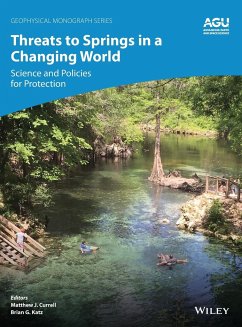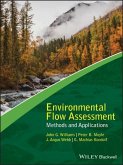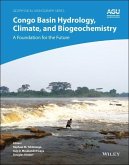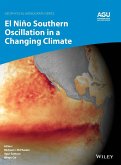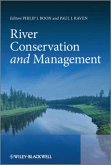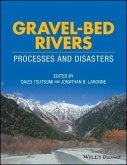Documents the declining quality and quantity of springs around the world and efforts to preserve, protect, and restore them.
Anthropogenic causes, including climate change, have been degrading springs around the world. Changes in spring water quality and flow impact human health, cultural values, ecology, and livelihoods.
Threats to Springs in a Changing World: Science and Policies for Protection presents a range of international studies illustrating the causes of spring degradation and strategies being used to safeguard springs both now and for the future.
Volume highlights include:
_ Examples of threatened springs in diverse hydrogeologic settings
_ Innovative methods and tools for understanding the hydrogeology of spring systems
_ Current policy and governance approaches for alleviating damage to springs
_ Different approaches to management of springs
_ A call for practitioners, policy makers, scientists, and the public to work together
The American Geophysical Union promotes discovery in Earth and space science for the benefit of humanity. Its publications disseminate scientific knowledge and provide resources for researchers, students, and professionals.
"The audience for this book is researchers, educators, and natural resource managers working to conserve dug pits, trenches, and shallow bores. In doing so, it extends the reach of the book, but readers should also be prepared to encounter discussions of features and environments that differ from their own conceptualization of a spring." --Groundwater, Nov/Dec 2023
Anthropogenic causes, including climate change, have been degrading springs around the world. Changes in spring water quality and flow impact human health, cultural values, ecology, and livelihoods.
Threats to Springs in a Changing World: Science and Policies for Protection presents a range of international studies illustrating the causes of spring degradation and strategies being used to safeguard springs both now and for the future.
Volume highlights include:
_ Examples of threatened springs in diverse hydrogeologic settings
_ Innovative methods and tools for understanding the hydrogeology of spring systems
_ Current policy and governance approaches for alleviating damage to springs
_ Different approaches to management of springs
_ A call for practitioners, policy makers, scientists, and the public to work together
The American Geophysical Union promotes discovery in Earth and space science for the benefit of humanity. Its publications disseminate scientific knowledge and provide resources for researchers, students, and professionals.
"The audience for this book is researchers, educators, and natural resource managers working to conserve dug pits, trenches, and shallow bores. In doing so, it extends the reach of the book, but readers should also be prepared to encounter discussions of features and environments that differ from their own conceptualization of a spring." --Groundwater, Nov/Dec 2023

